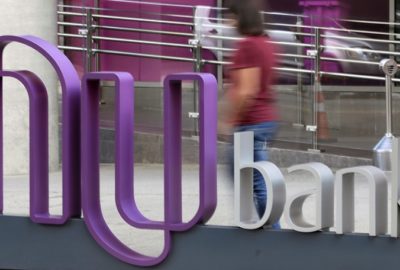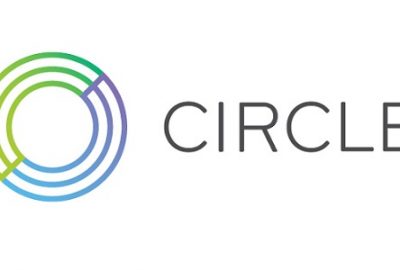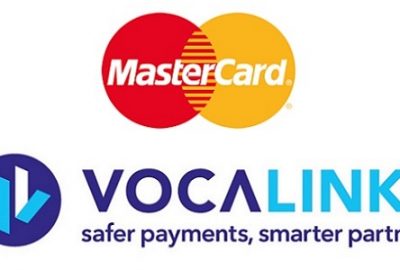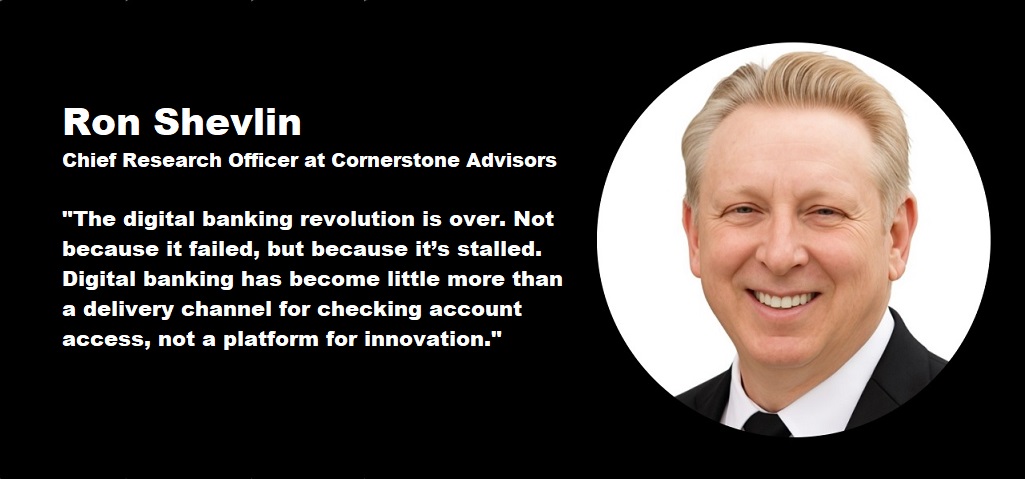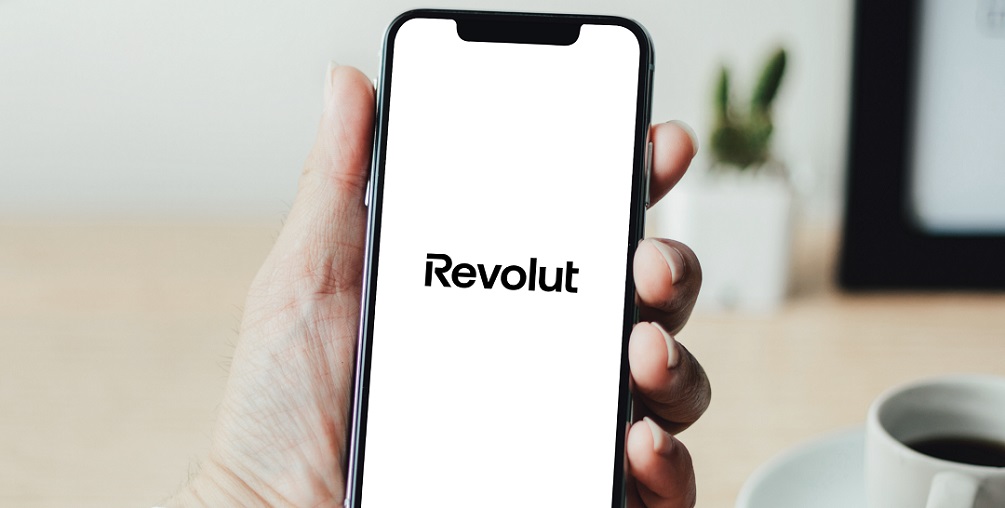Vocalink survey: basic banking services will be provided by a non-bank utility company in the next 5 to 10 years

In terms of areas for the medium-term (five to ten years out), all of the statements resonated as being likely: cheques will no longer be used at all, non card payment volumes will be comparable to card based payments at the physical POS and basic banking services will be provided by a non-bank utility company, according to a Vocalink survey. „This is interesting as cards disappearing as a result of the impact of mobile telephones and other services would appear quite likely, but over 70% of respondents considered this was beyond the ten year horizon.”
In late 2013, the Financial Services Club ran an online survey, in collaboration with Cognizant and VocaLink, about the nature and state of the world’s largest payment processing infrastructures and whether they are fit for purpose.
The survey reviewed the areas influencing payments, the technologies that have the most impact, the ability of institutions to respond to change, the institutions that are most influential in the payments mix and the likely trends that will most impact payments infrastructures over the next ten years.
475 professionals took part in the survey mainly from banks (37%), technology providers (22%) and consultancies (16%). Non-bank financial institutions and payments processors also comprised a material part of the survey (12%).
Vocalink asked participants whether they agreed or disagreed with the following statements:
• New payments processors will be more successful than current incumbents
• Payments processing will be a key business for innovators and new entrants
• Mobile devices will be a mainstream option for person to person or person to business payments
• PayPal will be the largest payments processor on the planet
• Cash usage will have declined to below 10% of retail transactions by value.
• Non card payment volumes (whether mobile or other) will be comparable to card based payments on-line
• Non card payment volumes (whether mobile or other) will be comparable to card based payments at the physical point of sale
• Cheques will no longer be used at all
• Plastic cards will have disappeared
• SEPA will be fully adopted in the euro zone
• The majority of retail payments will transfer value in real-time between payer and beneficiary
• National ACHs (Automated Clearing Houses) will be superseded by consolidated regional ACHs
• Core payment infrastructure systems, such as SWIFT, will have been replaced
• Payments will no longer be viewed as a core revenue stream by banks
• ISO20022 will have been implemented across domestic ACH payments
• Customers will be able to retain the same account number when they change banks
• Basic banking services will be provided by a non-bank utility company
• Banks will have been replaced in the payments business by non-Bank PSPs
• Most banks and payment institutions will have direct access to payment clearings.
• Payments Transaction Data Analytics will be a major source of payments-related revenue?
If they agreed, we then asked in what timeframes they expected these changes to occur.
The most likely area expected to impact payments is that mobile devices will be a mainstream option. 85% of respondents believe that mobile devices will be a mainstream option for person to person or person to business payments within the next five years, with over half of these believing this will be the case within two years.
Next most likely is that payments processing will be a key business for innovators and new entrants with 77% believing this will be the case within five years and over half of these within two years.
One of the most interesting disparities in near-term thinking relates to SEPA, the Single Euro Payments Area. Although the majority of respondents (62%) think this will be fully adopted in the Eurozone within the next five years, there is a 5% difference of opinion between the banks and non-banks. 65% of banks agreed with the statement: “SEPA will be fully adopted in the Eurozone” within the next two to five years, compared with 60% of non-banks.
In terms of areas for the medium-term (five to ten years out), all of the statements resonated as being likely:
• Non card payment volumes will be comparable to card based payments at the physical POS
• Most banks and payment institutions will have direct access to payment clearings
• Basic banking services will be provided by a non-bank utility company
• ISO20022 will have been implemented across domestic ACH payments
• National ACHs will be superseded by consolidated regional ACHs
• Cheques will no longer be used at all.
Of these, the only one that created a disparity of view was the statement: “Basic banking services will be provided by a non-bank utility company.” This is unsurprising in some ways, as banks believe they have a long-term future, although it was intriguing that almost a third (31%) of banks agreed this was likely within five years whilst 39% thought it unlikely within the next ten years. Intriguingly non-banks thought the opposite, with 50% stating this would happen within five years and only 27% seeing this as being a distant future.
“Our question on the likelihood of basic banking services being provided by a non-bank utility caused a divergence of views both between banks and between banks and non-banks. What is clear is that such a change would result in seismic changes in the industry.”, according to the Vocalink survey.
In the UK market for example, it will be interesting to see whether or not the implementation of Industry Account Switchers will achieve the enhanced competition sought in the Retail industry. This in turn could force further regulatory changes towards account number portability, which could hasten the move to a utility for core banking services.
With regard to the most unlikely areas to become reality, the following statements were all regarded as being too far out to be realistic:
• Plastic cards will have disappeared
• Core payment infrastructure systems, such as SWIFT, will have been replaced
• PayPal will be the largest payments processor on the planet
• Banks will have been replaced in the payments business by non-Bank PSPs
This is interesting as cards disappearing as a result of the impact of mobile telephones and other services would appear quite likely, but over 70% of respondents considered this was beyond the ten year horizon.
Banks felt that SWIFT or other core infrastructures being replaced was even more unlikely. 72% of banks consider that this is unlikely even ten years from now, compared with 62% of non-banks.
Finally, the statement “PayPal will be the largest payments processor on the planet” caused a split of opinion. Although 61% of respondents felt this was unlikely in the near term, over a quarter (28%) considered this was likely to happen within the next five years.
In terms of geography, the participants represented a wide diversity of regions and countries, with Europe being the predominant territorial response (83% of respondents). Of this number, the UK had a particularly strong representation (28%), compared with 34% last year.
For more details, download the document here: “The Changing Face of Payments 2014”
Dariusz Mazurkiewicz – CEO at BLIK Polish Payment Standard
Banking 4.0 – „how was the experience for you”
„To be honest I think that Sinaia, your conference, is much better then Davos.”
Many more interesting quotes in the video below:


